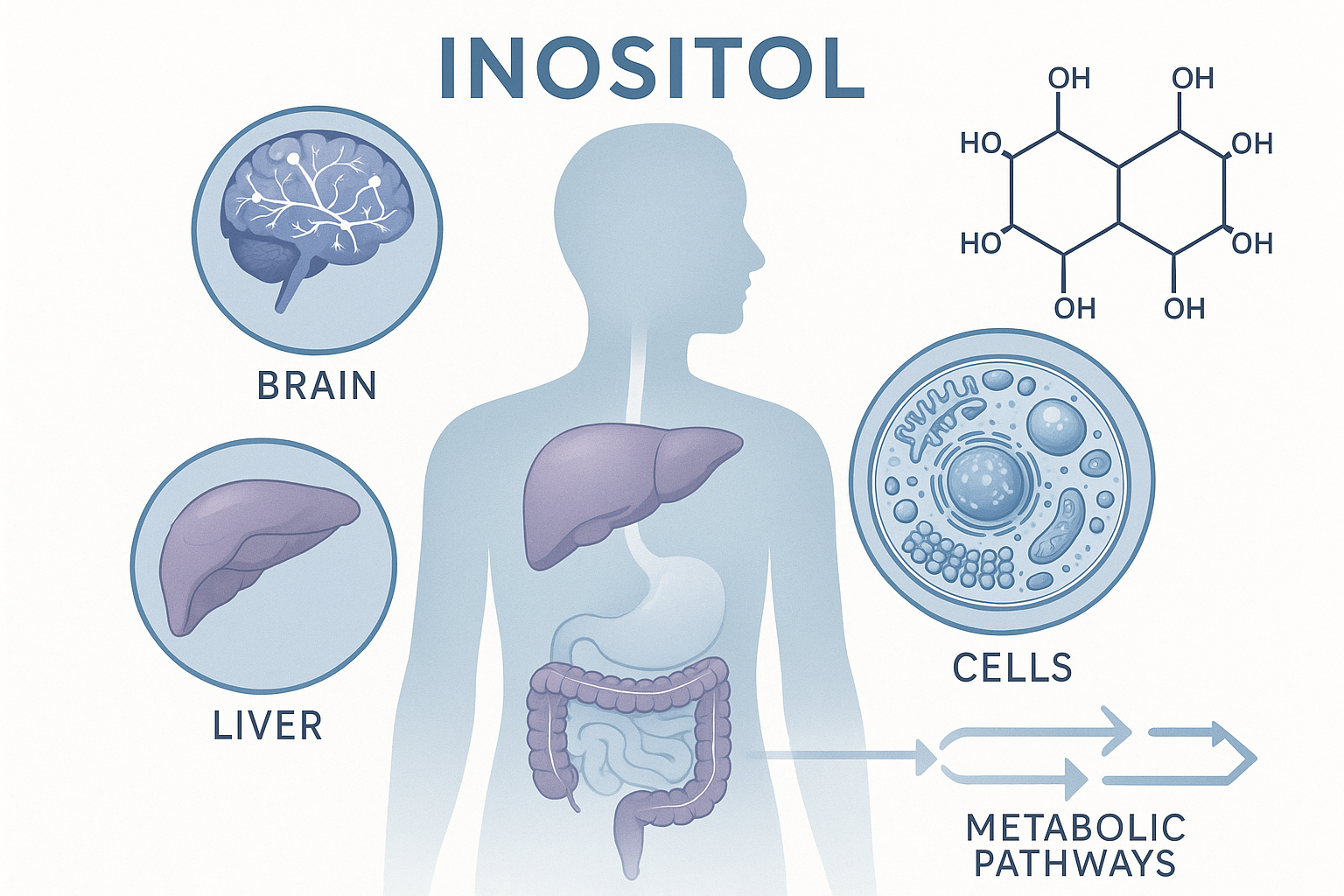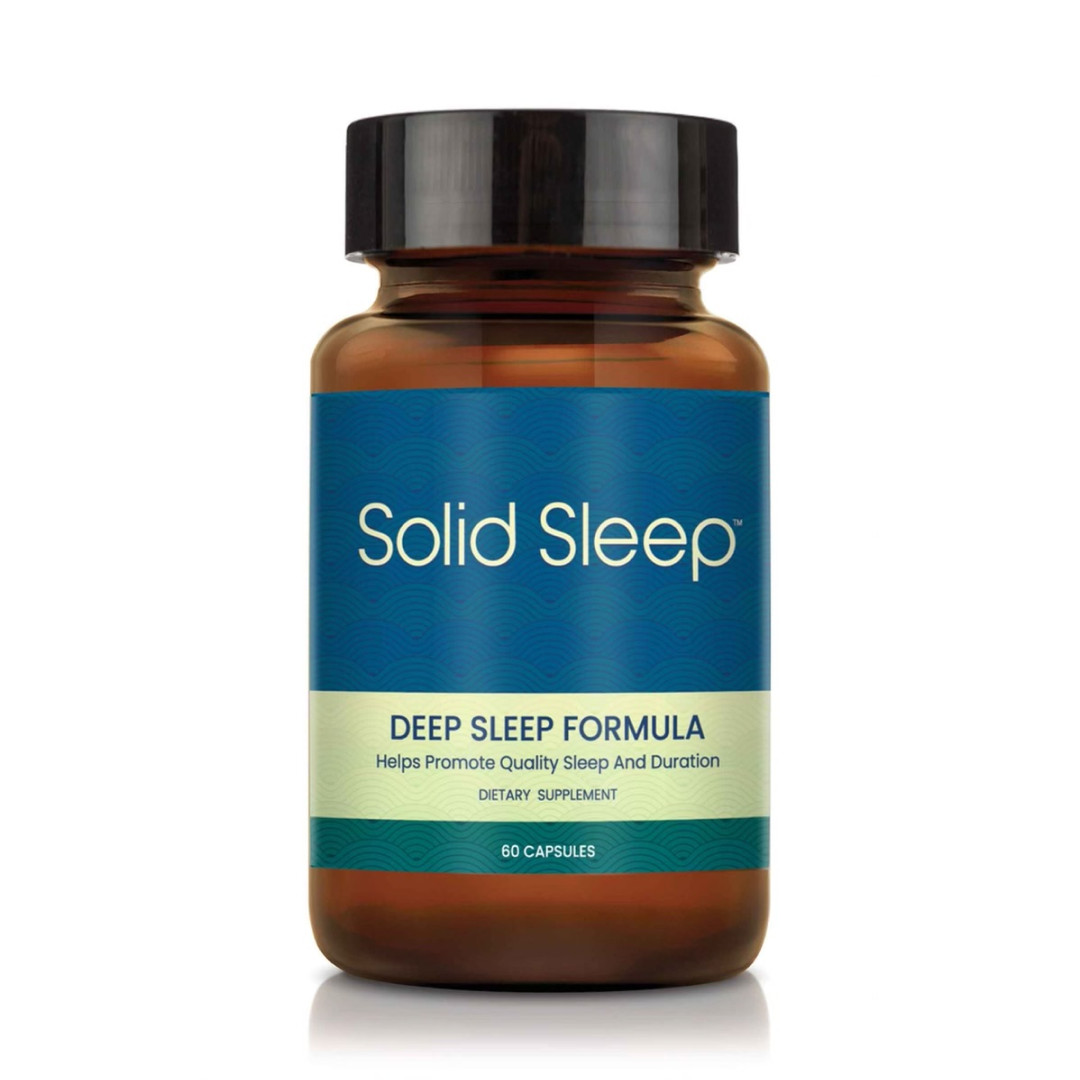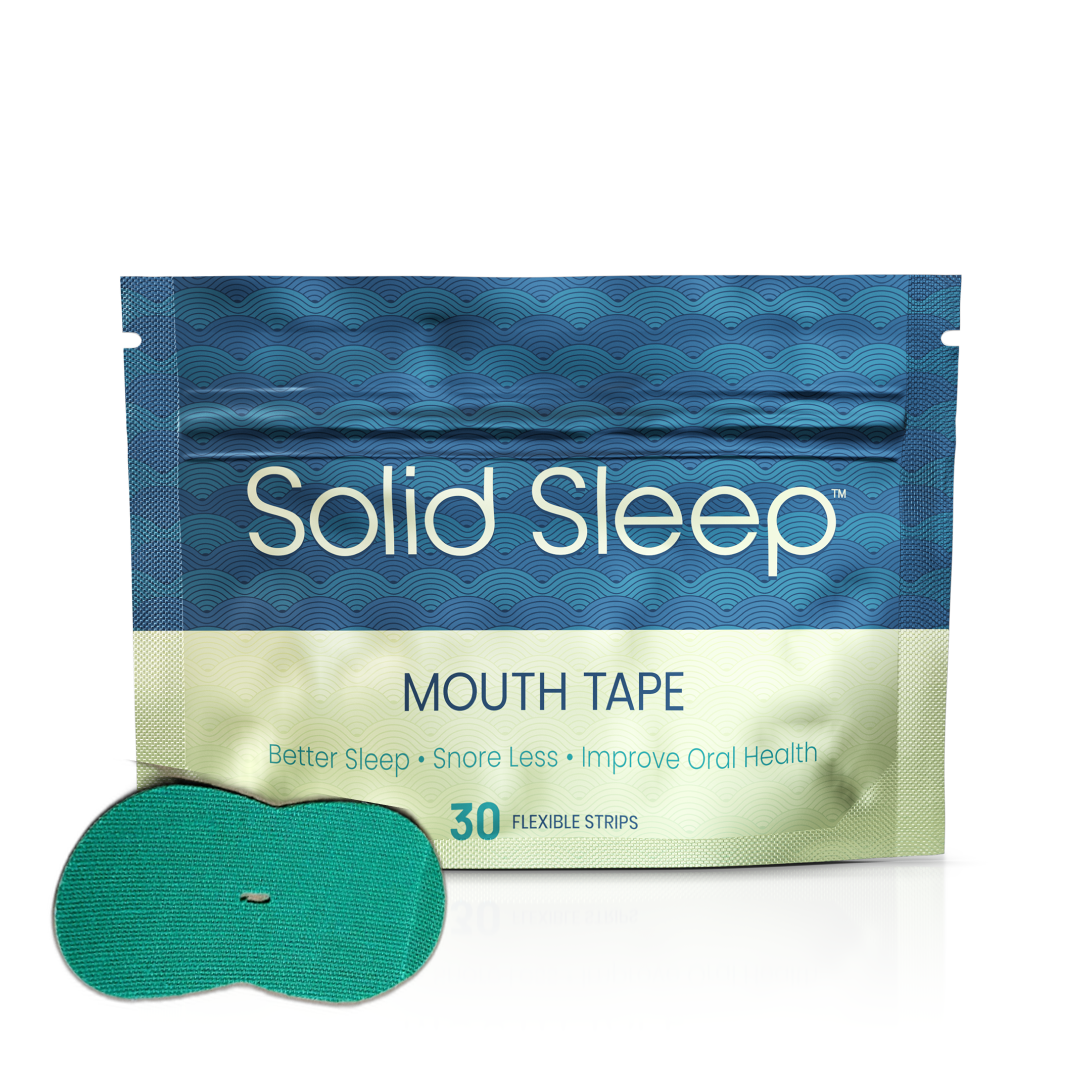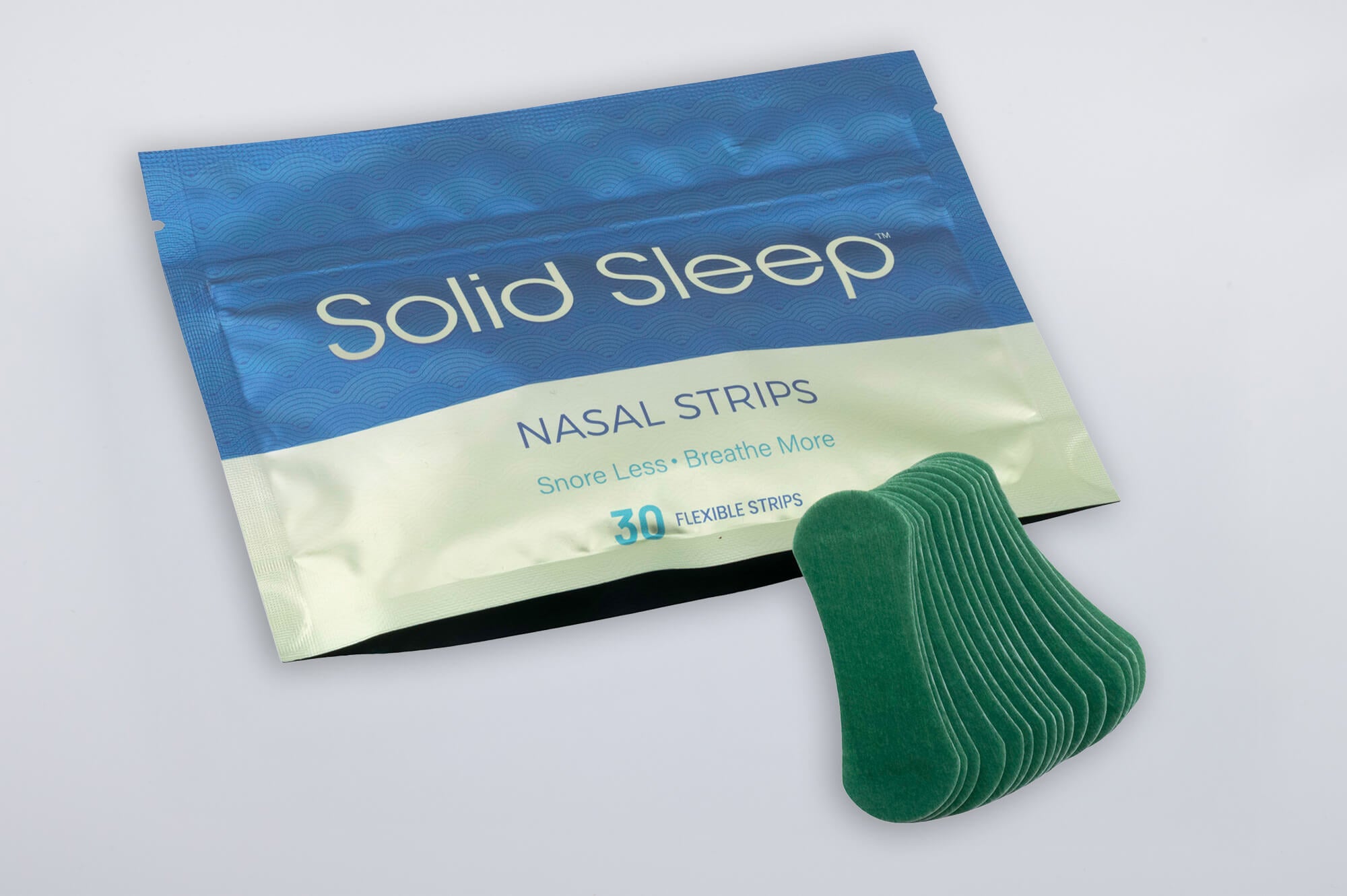
What Is Inositol and How Does It Work in the Body?
Introduction to Inositol
Inositol is a naturally occurring compound that plays a quiet but essential role in how the body functions. Although often grouped with the B-vitamin family, it isn’t technically a vitamin—because the body can produce it on its own. It’s sometimes called vitamin B8, even though this isn’t an official vitamin classification. Inositol supports communication between cells, helps regulate certain hormones, and is involved in brain signaling pathways that influence mood, energy, and metabolism.
Why Inositol Is Gaining Attention
In recent years, Inositol has started to stand out in the wellness space. Its growing popularity comes from a mix of scientific research and real-world results. People are exploring it for various reasons, such as supporting mental health, hormonal balance, and metabolic well-being. Several studies highlight its potential benefits in areas like:
-
Mood support: May help regulate neurotransmitters like serotonin and dopamine, often linked to feelings of calm and emotional balance.
-
Hormonal health: Often discussed in the context of women’s health, especially PCOS (Polycystic Ovary Syndrome).
-
Metabolic function: Associated with improved insulin sensitivity in some individuals.
-
Nervous system support: Plays a role in healthy nerve signaling.
Its appeal also comes from the fact that it’s a natural compound, already produced inside the body, which gives many people more confidence when considering supplementation.
A Quick Overview of Its Natural Role in the Body
Inositol is present in every cell. It acts as a building block for cell membranes and helps cells “talk” to each other. This communication is vital for processes like nerve transmission, hormone signaling, and maintaining balance in systems like the endocrine and nervous systems.
Key roles of Inositol include:
-
Supporting cell membrane structure so that cells can stay healthy and responsive.
-
Helping neurotransmitters like serotonin function properly.
-
Regulating insulin signals, which influence how the body uses glucose.
-
Supporting ovarian and reproductive health, especially in women with hormonal imbalances.
You can find Inositol naturally in everyday foods such as citrus fruits, beans, brown rice, and whole grains. While most adults produce enough Inositol naturally, certain health conditions or lifestyle factors may reduce its availability or increase the body’s need for it.
In short, Inositol isn’t just a buzzword in the wellness world. It’s a naturally occurring compound with real biological functions, helping the body stay balanced and connected at a cellular level. This foundational role is why more people are becoming curious about how Inositol might support their overall health.
What Is Inositol? A Closer Look
Inositol may sound like a vitamin, but technically, it’s not. It’s a sugar alcohol that plays a key role in cell signaling and hormone balance. Even though it’s often called “vitamin B8,” this isn’t an official vitamin because the body can make it naturally.
Vitamin-Like Substance, Not a True Vitamin
-
Why the confusion: Inositol was once grouped with the B vitamins because it’s essential to several biological functions.
-
Key difference: Unlike actual vitamins, Inositol isn’t considered “essential” since your body can produce it from glucose.
-
Functionally: It acts more like a messenger molecule, helping other systems communicate effectively.
Natural Sources of Inositol
While your body makes Inositol on its own, it’s also present in many common foods:
-
Citrus fruits like oranges and grapefruits
-
Beans and lentils
-
Brown rice and oats
-
Whole wheat bread
-
Nuts and seeds
For most adults, diet and natural production provide a good baseline, though some people explore supplements for specific health goals.
How Inositol Works in the Body
Inositol plays a behind-the-scenes role in how the brain, nerves, and hormones interact. Its most important function is helping cells send and receive signals—a process essential for everything from mood to metabolism.
Role in Cell Signaling
-
Inositol is a core component of cell membranes.
-
It acts as a messenger, allowing cells to respond correctly to signals like insulin or neurotransmitters.
-
Healthy signaling helps regulate energy levels, hormone release, and overall cellular communication.
Impact on Brain Chemistry
-
Inositol influences how serotonin, dopamine, and other neurotransmitters function.
-
It supports pathways that affect mood, focus, and emotional balance.
-
Some studies have explored its potential benefits for anxiety and panic symptoms.
Inositol Production vs. Supplementation
Your body naturally produces Inositol, but certain health situations can increase the demand for it. This is where dietary support or supplementation may come in.
How the Body Produces It
-
The liver and kidneys are the main producers of Inositol.
-
Production depends on factors like diet, stress levels, and overall metabolic health.
-
Even though the body can make enough, some individuals may not produce optimal levels.
When Supplements Are Useful
Supplementation is often considered when people want targeted support, such as:
-
Managing symptoms of PCOS
-
Supporting mood balance
-
Enhancing insulin sensitivity
-
Improving sleep or stress response
Supplements typically come in powder or capsule form. Common daily dosages for adults range from 2 to 4 grams, though amounts vary depending on individual goals.
Inositol vs. Other Vitamins and Nutrients
Although it’s often compared to vitamins, Inositol works differently. Its role in signaling makes it more of a functional compound than a classic nutrient.
Unique Mechanisms of Action
-
Unlike vitamins such as B6 or B12, which act as cofactors in enzymatic reactions, Inositol transmits signals between cells.
-
It influences several systems at once, including the nervous, endocrine, and metabolic systems.
-
This broad activity explains why its potential benefits extend to both mood and metabolic health.
Complementary, Not a Replacement
-
Inositol often works best alongside other nutrients like magnesium, B vitamins, and omega-3s.
-
It’s not a replacement for a healthy diet or medical treatment.
-
Many wellness routines combine Inositol with lifestyle habits such as regular exercise, stress management, and balanced nutrition.
Key Takeaways
-
Inositol is a naturally occurring compound, not a true vitamin, that supports cell signaling, brain chemistry, and hormone balance.
-
It’s found in everyday foods like fruits, beans, and whole grains, and it’s also produced by the body.
-
Its unique role in communication between cells makes it relevant for mood, metabolism, and overall well-being.
-
Supplementation can be an option for people seeking targeted support, especially for issues like hormonal balance or stress management.
FAQ
Q1: Is Inositol a vitamin?
A: No, Inositol isn’t a true vitamin. It’s a naturally occurring compound that the body can produce on its own.
Q2: What does Inositol do in the body?
A: Inositol helps cells communicate, supports brain signaling, and plays a role in hormone and metabolic balance.
Q3: Can I get Inositol from food?
A: Yes. It’s found in citrus fruits, beans, brown rice, whole grains, and nuts.
Q4: Why do people take Inositol supplements?
A: Many adults use it to support mood, hormonal health, insulin sensitivity, or stress response.
Q5: Is Inositol safe to take daily?
A: For most healthy adults, Inositol is well tolerated. Always check with a healthcare professional before starting any supplement.
Share









